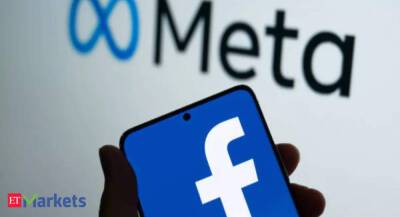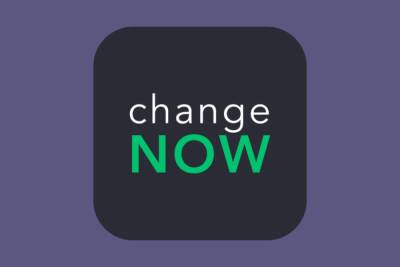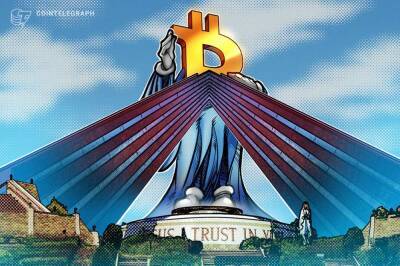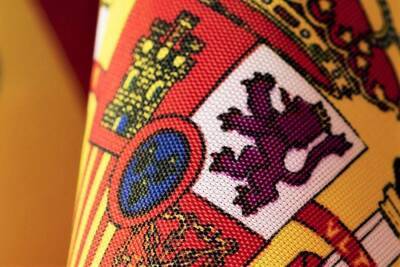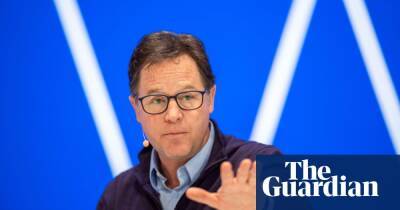If Nick Clegg wants to fix Meta, he needs to tackle its problem with human rights
When the former British deputy prime minister Nick Clegg joined Facebook in 2018, the company was immersed in a number of scandals. Cambridge Analytica had been harvesting personal data from Facebook profiles. UN human rights experts said the platform had played a role in facilitating the ethnic cleansing of the Rohingya in Myanmar. Its policies during the 2016 US presidential election had come under fire. Now Clegg has taken a top role as the company’s president of global affairs. Will he be able to tackle the seemingly endless problems with the way that Facebook – which recently rebranded as Meta – works?
For better or worse, Meta and Google have become the infrastructure of the digital public sphere. On Facebook, people access the news, social movements grow, human rights abuses are documented and politicians engage with constituents. Herein lies the problem. No single company should hold this much power over the global public sphere.
Meta’s business model is built on pervasive surveillance, which is fundamentally incompatible with human rights. Tracking and profiling users intrudes on their privacy and feeds algorithms that promote and amplify divisive, sensationalist content. Studies show that such content earns more engagement and in turn reaps greater profits. The harms and risks that Facebook poses are unevenly distributed: online harassment can happen to anyone, but research shows that it disproportionately affects people who are marginalised because of their gender, race, ethnicity, religion or identity. And while disinformation is a global phenomenon, the effects are particularly severe in fragile democracies.
Despite his new title, Clegg alone won’t be able to fix these problems. But there are several things he
Read more on theguardian.com






